What do you think?
Rate this book
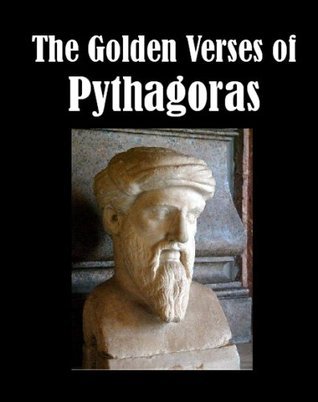

288 pages, Kindle Edition
First published January 1, 1917
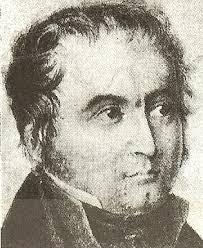
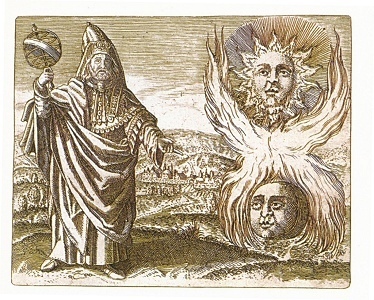
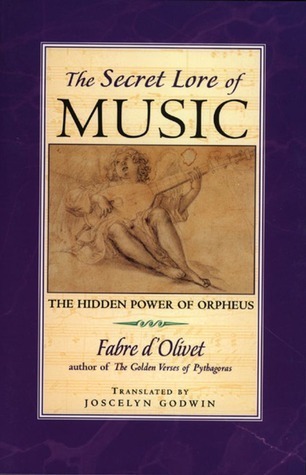

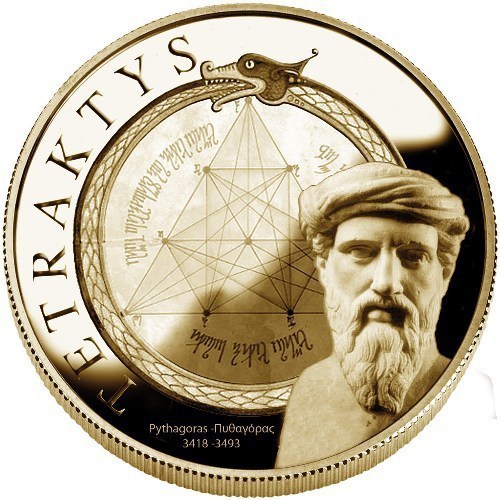
Nicicând să nu-ți urăști prietenul pentru o greșeală de nimic, atât cât poți.:)
Multe vorbe, bune sau răutăcioase, ies din gura oamenilor; nu le-arăta prea multă prețuire, dar nici nu le-nfiera. Chiar lucruri mincinoase de auzi, îndură cu răbdare și blândețe.